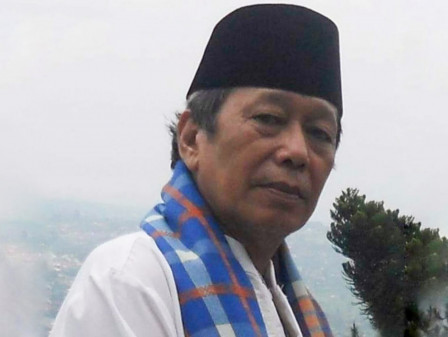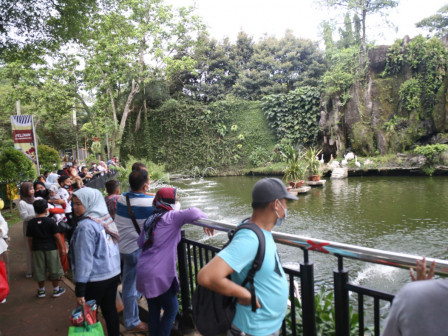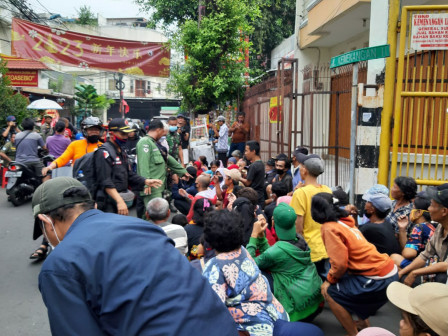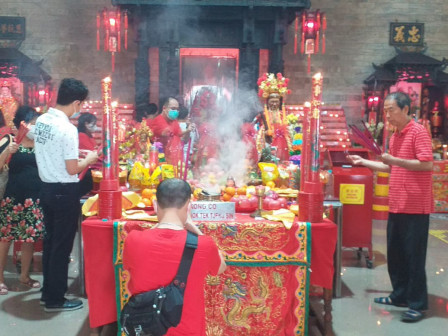Getting to Know Tradition of 'Nganter Bandeng', Close Symbol of Betawian and Chinese
Reported by Folmer | Translated by Nugroho Adibrata
Imlek or Chinese New Year celebrations in Jakarta are not fair without the presence of processed milkfish dishes on the dining table of residents of Chinese descent.
The tradition of eating with milkfish continues to this day
This stems from the Nganter Bandeng (eating milkfish together) tradition which is a combination of Chinese and Betawi cultures in the past, thus the legitimacy of Chinese New Year celebrations is not complete without milkfish dishes.
Eating milkfish for Chinese ethnic during Imlek also symbolizes abundant fortune.
Children Enjoy Lion Dance Parade at LRT StationBetawi Cultural Studies Forum (FKBB) Chairman, Mathar Ibnu Kamal expressed the Betawian people are known to like processed foods such as boiled fish and milkfish. It is because the Betawian and Chinese people around Tangerang and Pademangan, North Jakarta, had many milkfish mines in the 1900s.
"The characteristics of the Betawian people are egalitarian or easy to get along with anyone participating in celebrating Imlek by eating. It's normal in society," he expressed, Sunday (1/22).
For Betawian people, there is no set time for serving processed milkfish food.
"The tradition of eating with milkfish continues to this day that is still being preserved by the residents," he explained.
He explained that the Nganter Bandeng tradition during Imlek describes kinship between residents, not in the context of carrying out worship.
"This is the same as the takbiran night tradition. Betawian people cook and share rice cake and opor ayam (chicken in coconut broth) which are also still being preserved," he continued.
He added that this tradition must be maintained and must be preserved. "So, let it flow in society," he added.





